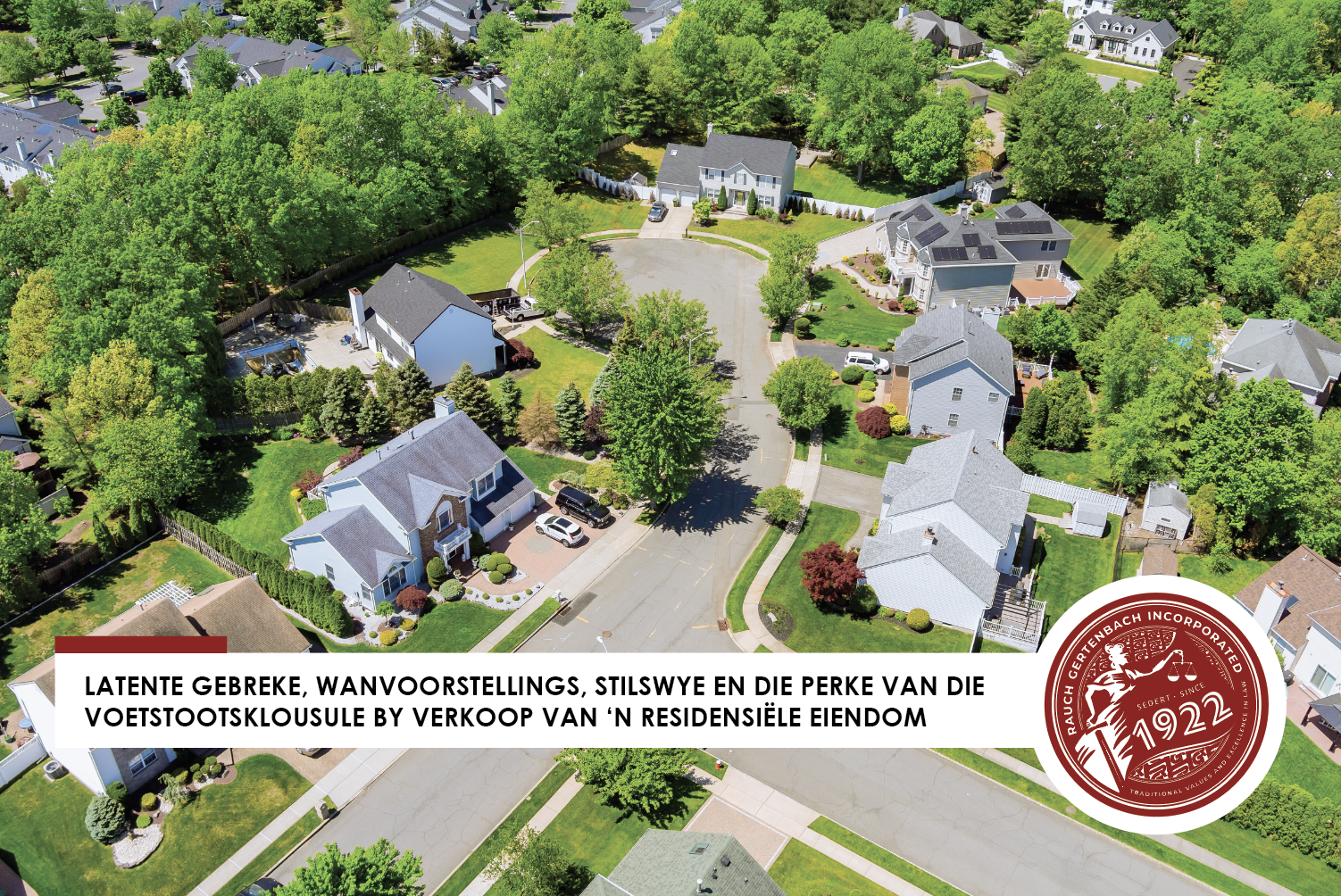Whether you’re renting out a garden flat or leasing your first home, one issue remains the most contested at the end of a lease: the deposit. Tenants expect a full refund; landlords expect to deduct damages. But what does the law say? In South Africa, the Rental Housing Act 50 of 1999, specifically sections 4 & 5, provides the legal framework that both landlords and tenants must follow. Understanding these rules is essential. Not just to avoid disputes, but to ensure fairness on both sides.
What Happens to Your Deposit?
When a landlord requests a deposit, section 5(3)(d) of the Act is clear: it must be placed in an interest-bearing account with a registered financial institution. The interest earned belongs to the tenant, and the rate must be at least equal to a savings account. At any time during the lease, the tenant has the right to request written proof of the interest accrued, and the landlord is obliged to provide it under section 5(3)(d).
Inspections: Your Best Protection
The law doesn’t just leave it up to good faith. Under section 5(3)(e), a joint incoming inspection must be conducted before the tenant moves in. This inspection documents any defects and protects both parties. When the lease ends, section 5(3)(f) requires another joint outgoing inspection within three days before the lease ends.
Here’s where things get interesting:
If the landlord fails to conduct this inspection, section 5(3)(j) states that they are deemed to have accepted the property is in good condition, and must refund the full deposit with interest.
If the tenant ignores a request for the outgoing inspection, the landlord may inspect alone. According to section 5(3)(k), they can still deduct reasonable costs for damage, but must provide receipts as proof.
When Must the Deposit Be Refunded?
The Act provides three distinct timelines, depending on the circumstances:
1. No damage or arrears?
The full deposit + interest must be refunded within 7 days of lease expiration. (Section 5(3)(i))
2. If there are damages or unpaid amounts?
The landlord may deduct these from the deposit, but must provide receipts and must refund the balance within 14 days of restoration of the dwelling. (Section 5(3)(g))
3. If the tenant failed to attend the inspection?
The landlord must still refund the balance of the deposit within 21 days after lease expiration, provided they furnish the tenant with proof of repair costs. (Section 5(3)(m))
What If There’s a Dispute?
If a landlord unlawfully withholds a deposit, tenants have the following remedies:
a) Lodge a complaint with the Rental Housing Tribunal. An accessible, no-cost option that can issue binding rulings.
b) Take legal action through the Court if the claim is within its jurisdiction.
Importantly, the Tribunal has no jurisdiction over evictions, but it can compel the return of unlawfully withheld deposits and order the payment of arrear rental.
Tips for a Smoother Lease Termination
Landlords should:
a) Use a written lease;
b) Keep clear records of inspections, receipts, and interest accrued;
c) Follow all procedures to avoid forfeiting the right to claim damages;
Tenants should:
a) Always attend both inspections and document everything with photos.
b) Request a written breakdown of the deposit refund, including interest.
c) Ensure all rent and utility bills are settled before vacating.
The Rental Housing Act provides clarity and structure for what can often be a grey area at the end of a lease. By knowing and understanding what the Rental Housing Act stipulates, tenants and landlords alike can avoid unnecessary disputes and ensure a fair and lawful conclusion to their lease agreements.
Article by Ruben Maritz (LLB), Associate Attorney
For more information, kindly contact Ruben via mail, ruben@rgprok.com or 044 601 9900, www.rgprok.com







